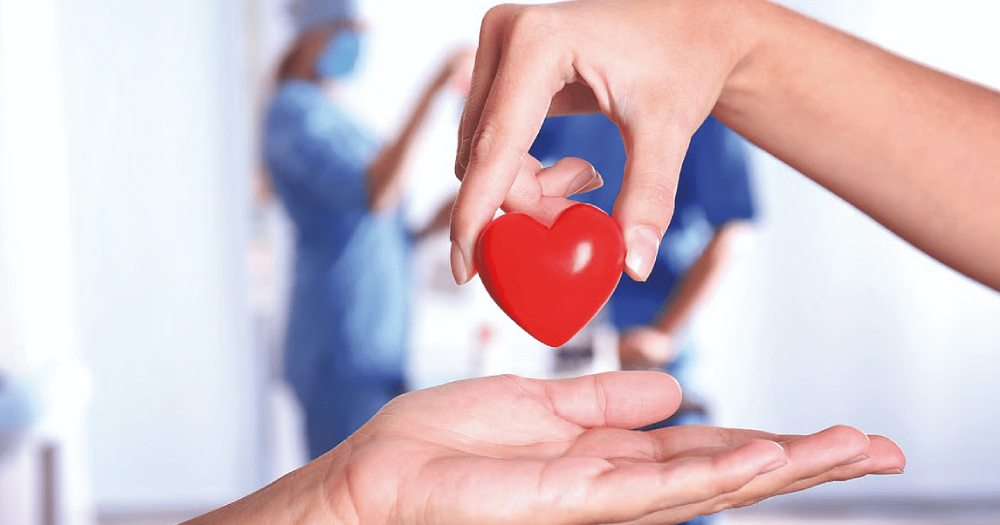UAE trialling bias-free AI system for matching organs with patients

In Dubai, where futuristic skylines already feel like something out of science fiction, healthcare is stepping into its own new chapter. The UAE is trialling an artificial intelligence system designed to decide who receives an organ transplant — not based on nationality, religion, or social standing, but purely on medical need.
It's all part of Hayat, the country's national programme for organ donation and transplantation, which has already positioned the Emirates as a leader in the Middle East.
How does it work?
Think of it as a matchmaker, but for something infinitely more precious than dating profiles: human organs. The AI combs through patient data — medical history, urgency, compatibility — and makes an unemotional call. No bias, no favoritism.
As Dr. Amin Al Ameeri, Assistant Undersecretary of the Health Regulations Sector at MOHAP, puts it: "AI will select the organ and match it to the neediest patients. It will not be biased to any of the patients, irrespective of nationality, religion, or any other factors. Only medical health history will be examined."
It's about cutting through the noise, removing the potential for human hesitation, and letting data speak when minutes — sometimes seconds — are all that stand between life and loss.
Why does it matter?
Organ transplantation is a race against the clock. Hearts, kidneys, and livers don't wait politely; they expire. Every hour counts. By putting AI in charge of the match, the UAE hopes to sharpen three edges at once:
- Speed: faster matches mean organs reach recipients before time runs out.
- Fairness: no patient is bumped up or down the list for reasons unrelated to health.
- Trust: a transparent system can make people more willing to donate, knowing their gift will go where it's needed most.
For Dr. Al Ameeri, the technology isn't just a shiny new tool — it's a lifeline. "This system ensures accuracy and improves efficiency of organ transplants in the country," he stressed.
The context
The UAE already has momentum on its side. Since its official launch in 2020, the Hayat programme has made the nation a regional standout. Anyone with an Emirates ID can pledge to donate organs after brain death, and a single donor can save up to eight lives. The results speak volumes: 11.6 deceased donors per million people, 38 heart transplants, and one of the highest organ utilisation rates globally, at 4.2. "For the last three years, UAE has been at the top in the Middle East in organ transplant," noted Dr. Al Ameeri.
The announcement came at WHX Tech, a new event at Dubai World Trade Centre that pulled in more than 5,000 healthcare leaders from 30 countries. And organ matching isn't the only playground for AI. Earlier this year, the ministry introduced Biosigns, a smartphone-based facial scanner that can check vital signs like haemoglobin and cholesterol in under a minute, boasting 94 percent accuracy. AI is even being trained to inspect hospitals and monitor compliance. It's a vision of healthcare where data and algorithms are woven into every layer — a vision that feels as ambitious, and as inevitable, as the country's skyline itself.
💡Did you know?
You can take your DHArab experience to the next level with our Premium Membership.👉 Click here to learn more
🛠️Featured tool
 Easy-Peasy
Easy-Peasy
An all-in-one AI tool offering the ability to build no-code AI Bots, create articles & social media posts, convert text into natural speech in 40+ languages, create and edit images, generate videos, and more.
👉 Click here to learn more


